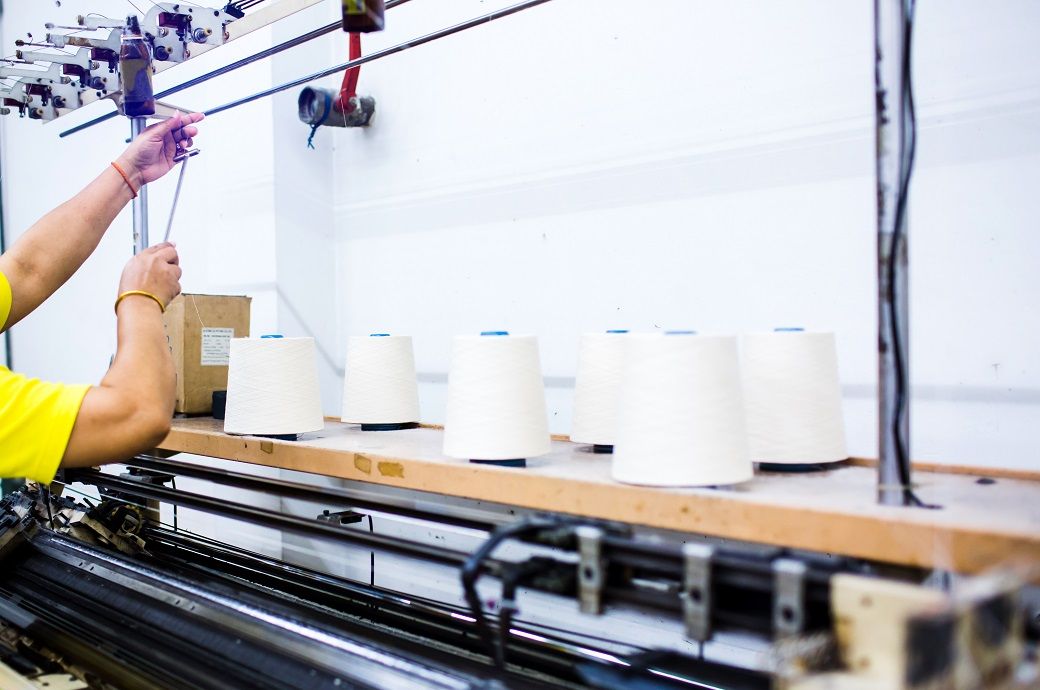
Bhilwara houses more than 400 weaving units that specialise in producing denim fabric and other types used for suiting and shirting, as per industry experts. Additionally, there are numerous spinning mills in the city and the surrounding region of Rajasthan.
Varun Agrawal, a businessman from the textile hub, conveyed to Fibre2Fashion, "Local industries, including textile units, are grappling with 12-hour power cuts. This issue persists even as domestic consumption has reduced due to mild weather. We have requested the authorities to reschedule the power supply from 8 AM to 8 PM to align with industrial production shifts. Unfortunately, our plea has fallen on deaf ears, and the power cuts continue from 7 AM to 7 PM. This situation is also resulting in production losses for these units."
Industries are being charged rates as high as ₹9-9.50 per unit, experts have said. It is yet another setback for the textile industry following the global shock of poor demand. These elevated electricity charges are further inflating production costs, particularly for the power-intensive processes of spinning and weaving within the textile value chain.
Agrawal explained, "Manufacturing units and traders are compelled to sell yarn and fabric at prices lower than their production costs. Sometimes, buyers return their consignments due to a lack of demand, even if they had made the purchase on credit. In these situations, millers and sellers incur losses due to freight and interest burdens, and sometimes, there is a need for fabric reprocessing."
Industry experts believe that power cuts, coupled with the global recession, are causing unbearable problems for industrial units. They fear that if this situation continues for a few more months, more than one-third of the units may be forced to close down.
Prem Garg, vice president of Bhilwara Textile Trade Federation, noted that managing production has become exceedingly complicated for textile units. He urged the government to consider providing subsidies to industrial units so they can survive in the current challenging market.
Fibre2Fashion News Desk (KUL)